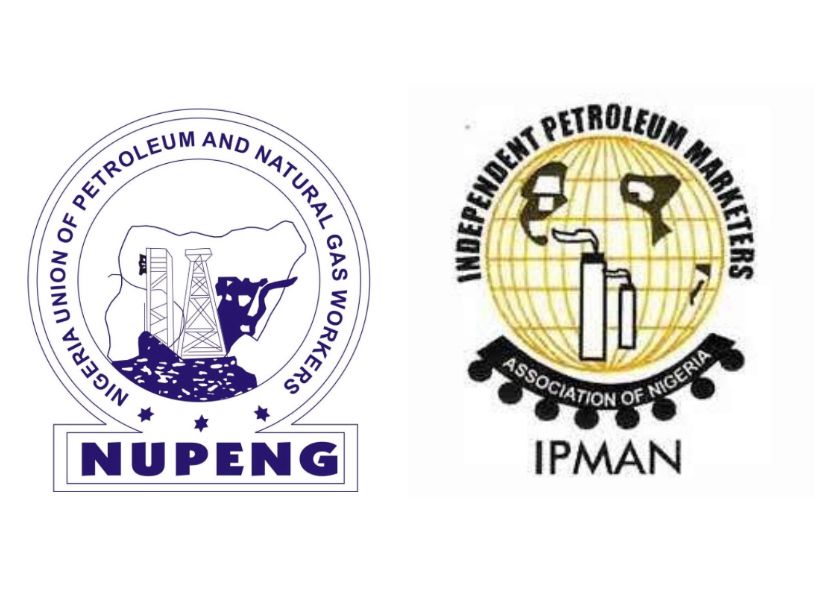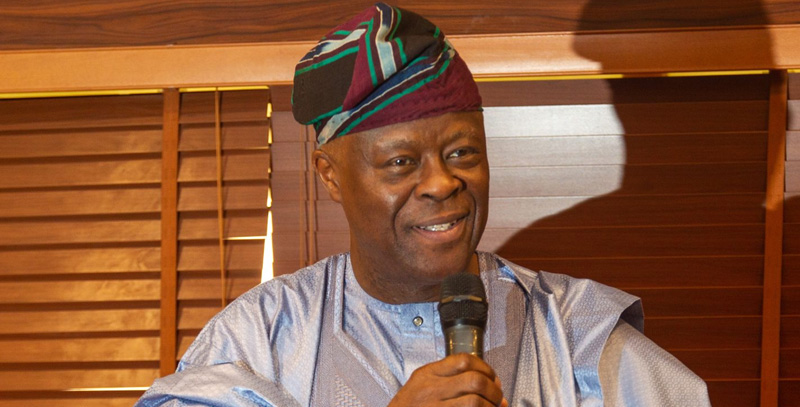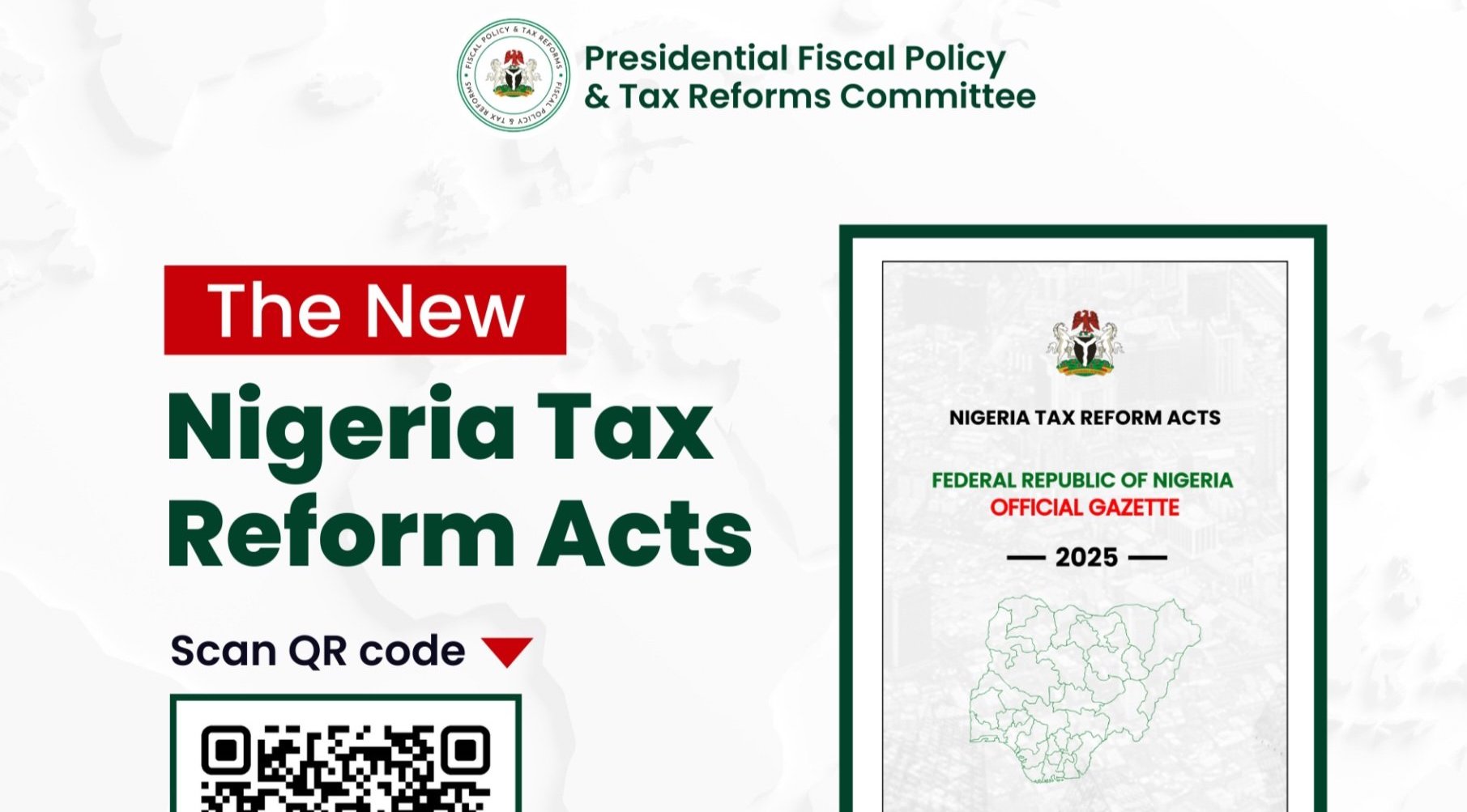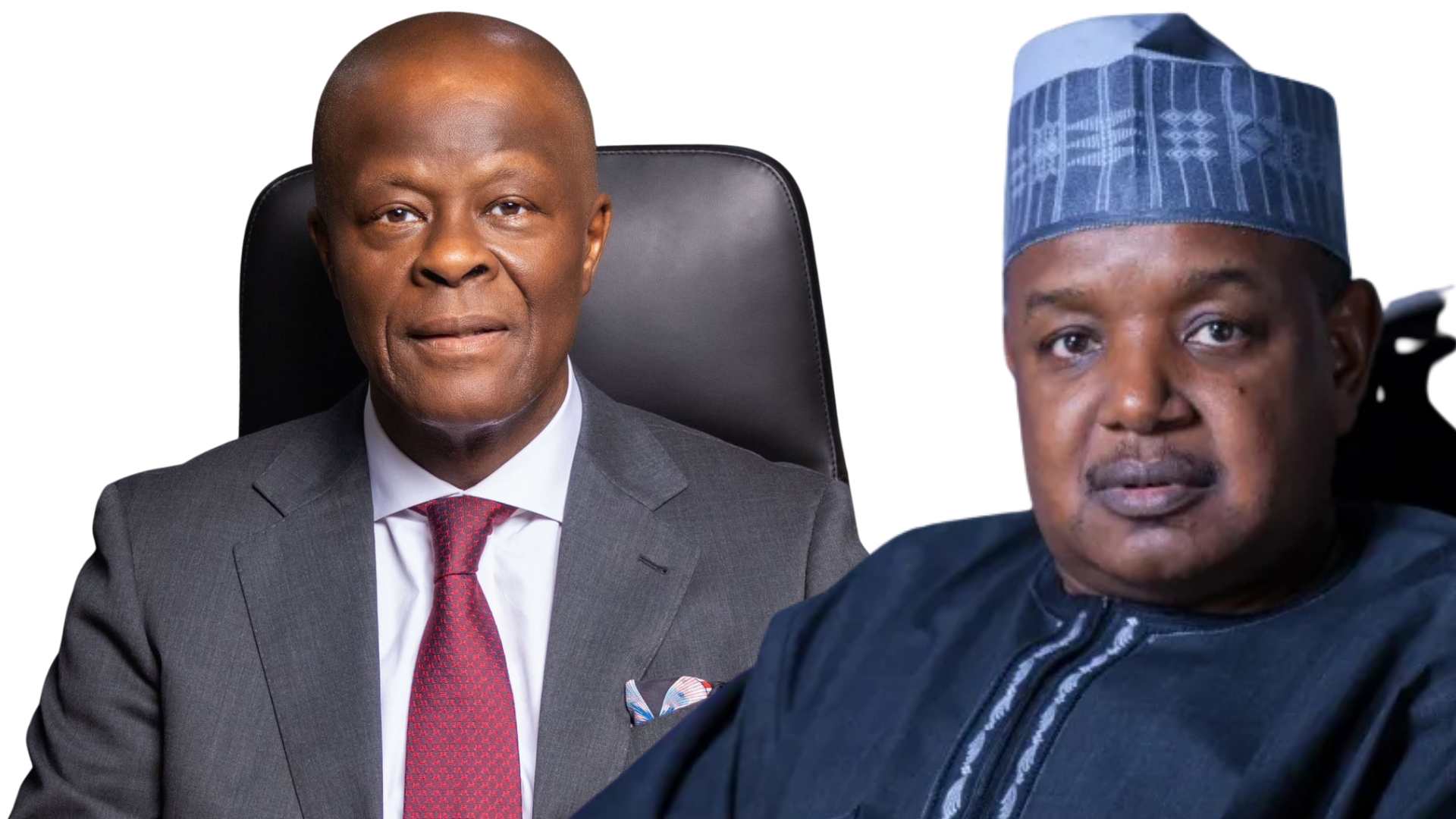Sunday Okobi
A new survey of 1,126 Nigerians between the ages of 18 and 44 has revealed a stark tension between financial aspirations and daily economic realities in the country.
The survey report was sourced from the Nigeria Financial Habits Survey 2025, conducted by Column, a United Kingdom-based research firm.
According to the report, while 79 per cent of respondents actively try to save, nearly one-fifth (19 per cent) cannot save at all due to low or unstable incomes. The findings underscore how inflation, high living costs, and fragmented financial tools hinder effective money management for young Nigerians.
Conducted in May 2025, the study targeted digitally engaged youths, a group critical to Nigeria’s economic future.
The key insights in the study include: “Survival-Driven Spending: Essentials dominate budgets, with 72 percent prioritising food, 46 per cent airtime/data, and 37 per cent transport. Only 9 per cent list non-essential subscriptions.
“Saving Struggles: 53 per cent save primarily for emergencies, but 35 per cent save less than 10 per cent of income. Volatile prices and irregular cash flow disrupt planning.
“Digital Tools Underutilised: Though 97 per cent use financial apps (led by Opay at 64 per cent), only 5 per cent leverage budgeting apps. Manual methods (notes, memory) remain widespread.
“Demand for Automation: 66 per cent want tools to automate savings, while 75 per cent seek a unified dashboard to track all finances—highlighting frustration with disconnected systems.”
On sector-specific challenges and opportunities, the report called for action across industries, including “banks, which must evolve beyond ‘storage lockers’ by offering automated savings, open banking integrations, and user-friendly dashboards.
“Fintechs should simplify budgeting and expense tracking, prioritizing low-data, mobile-first designs.
“Policymakers need to accelerate open banking adoption and address inflation (24 per cent in early 2025) to restore trust in financial planning.
“Telcos: With 46 per cent of youth spending heavily on airtime/data, bundling connectivity with micro-savings or rewards could ease financial strain.
“Retailers can build loyalty via value bundles (e.g., food plus airtime) and tools linking purchases to savings goals.
The report stated further, according to Dr. Mo Shehu, a lead researcher, that: “The data shows young Nigerians are eager to take control of their finances but lack tools that match their realities. Solutions must be mobile-native, automated, and built for uncertainty not just optimisation.”







